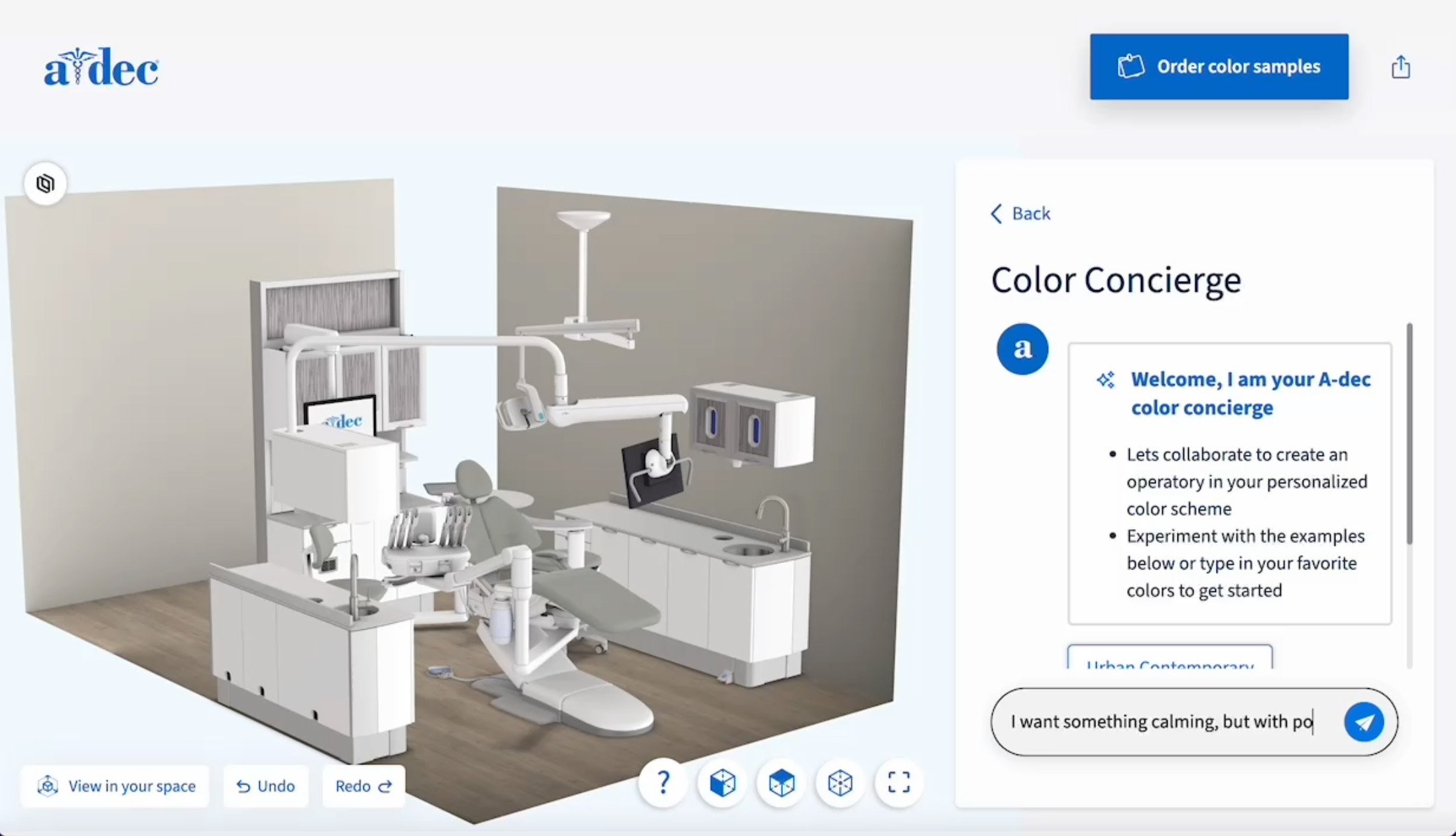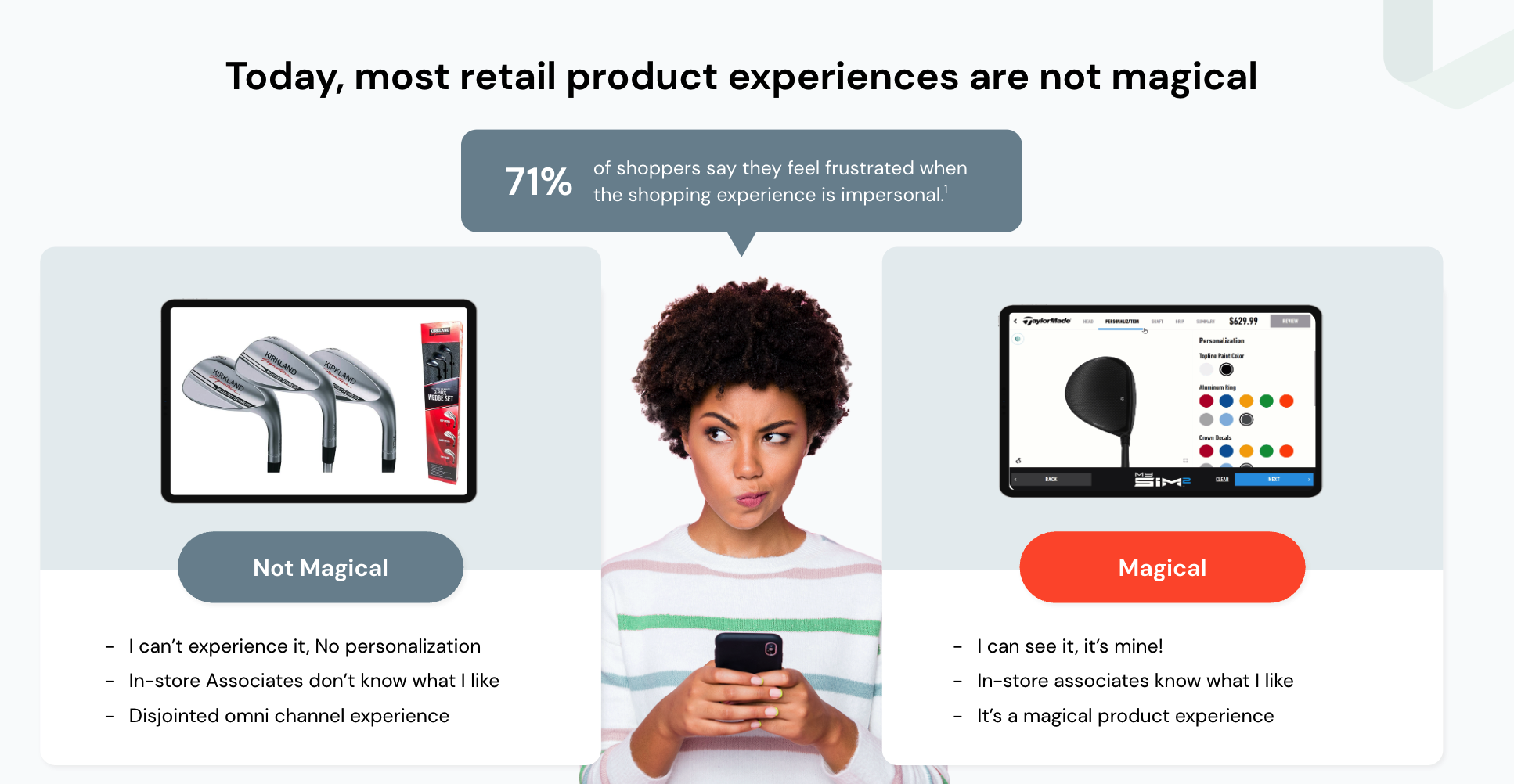Maximizing Sales with an Innovative eCommerce Personalization Platform
In the competitive landscape of online retail, leveraging an innovative ecommerce personalization platform can be a game-changer. By tailoring the shopping experience to individual customer preferences, businesses can not only boost sales but also foster long-term customer loyalty.
This article delves into ecommerce product discovery, the strategies and tools necessary for implementing effective ecommerce personalization, explores its impact, addresses potential challenges, and highlights the future of personalization technologies.
Key Takeaways
- Effective ecommerce personalization requires a deep understanding of customer data and the right tools.
- Personalization can significantly enhance customer loyalty and boost conversion rates.
- Overcoming challenges such as data privacy concerns and ensuring data accuracy is crucial.
- AI-driven dynamic personalization offers real-time recommendations and personalized experiences.
- Exploring new technologies like virtual assistants and facial recognition can further enhance personalization efforts.
Implementing eCommerce Personalization Effectively
In the competitive landscape of ecommerce, personalization is crucial. It's not just about random attempts to engage customers; it's about strategically understanding your audience and tailoring their shopping experience to their preferences. Think of it as being a DJ at a party, reading the room, and knowing exactly which track will get people moving.
AI-Driven Dynamic Personalization
Harnessing the power of artificial intelligence and machine learning, ecommerce platforms are transforming into intuitive entities that seem to understand customer needs almost instinctively.
By analyzing extensive customer data, from past purchases to browsing behavior, these platforms can offer product recommendations that are incredibly accurate. It's akin to having a personal shopper within your screen, meticulously curating items based on your unique preferences.
Virtual Assistants and Chatbots
Virtual assistants and chatbots are revolutionizing customer service in ecommerce. These tools provide instant responses to customer inquiries, enhancing the shopping experience. By leveraging AI, businesses can offer personalized recommendations and support around the clock, improving customer satisfaction and retention.
Augmented Reality
Augmented reality (AR) technology is making strides in personalizing the shopping experience. This technology can allow customers to visualize products in their own environment, increasing engagement and conversion rates.
Omnichannel eCommerce Personalization
Omnichannel ecommerce personalization is about creating a unified customer experience across all touchpoints, both online and offline. This approach ensures that customers receive consistent and personalized interactions, regardless of the channel they use.
B2B eCommerce Personalization
Customizing for Business Clients
In the realm of B2B ecommerce, personalization is key to engaging business clients effectively. One powerful strategy to personalize your B2B website is by collecting zero-party data early on in the customer journey. This data, provided directly by the customers, allows for highly tailored experiences that meet specific business needs.
Streamlining B2B Sales Processes
Streamlining the sales process in B2B ecommerce involves offering flexible payment options, self-service support, and post-sales management. These features make it easier for prospective B2B customers to understand and buy your solution based on previous interactions. By simplifying these processes, businesses can reduce friction and enhance the overall customer experience.
Building Long-Term Business Relationships
Building long-term relationships with business clients requires a deep understanding of their needs and preferences. By leveraging personalization, companies can create more meaningful interactions that foster loyalty and trust. This approach not only helps in retaining clients but also in driving repeat business and long-term success.
In today's digital age, more than half of B2B buyers are now GenZ or Millennials. They are accustomed to consuming personalized content at tremendous speeds, making it crucial for businesses to adapt their strategies accordingly.

Navigating the Challenges of eCommerce Personalization
Overcoming Data Privacy Concerns
One of the most significant challenges in eCommerce personalization is addressing data privacy concerns. Customers are increasingly wary of how their data is being used, making it crucial for businesses to be transparent and compliant with data protection regulations. Implementing robust security measures and clear privacy policies can help build trust and alleviate these concerns.
Ensuring Data Accuracy
Accurate data is the backbone of effective personalization. Inaccurate or outdated information can lead to irrelevant recommendations and a poor customer experience. Businesses must invest in data validation processes and regularly update their databases to ensure the information they rely on is current and precise.
Balancing Personalization with User Comfort
While personalization aims to enhance the shopping experience, it's essential to strike a balance between being helpful and being intrusive. Over-personalization can make customers feel uncomfortable and lead to a loss of trust. Companies should focus on subtle, meaningful personalization that adds value without crossing the line into invasiveness.
Conclusion
In the fast-paced world of ecommerce, personalization is no longer a luxury—it's a necessity. By leveraging advanced technologies and data analytics, businesses can create tailored experiences that resonate deeply with their customers. This not only enhances customer satisfaction and loyalty but also drives repeat business and maximizes sales.
As we move forward, the key to successful ecommerce personalization will be to balance innovation with a deep understanding of customer needs and preferences. By doing so, businesses can ensure that every interaction feels personal and valued, ultimately creating a shopping experience that is as unique as each customer.
Ready to get started with personalization? Contact Threekit for a personalized demo of how our advanced visual engine, cutting-edge AI algorithms, and full-stack integration tools can take your business to the next level.

